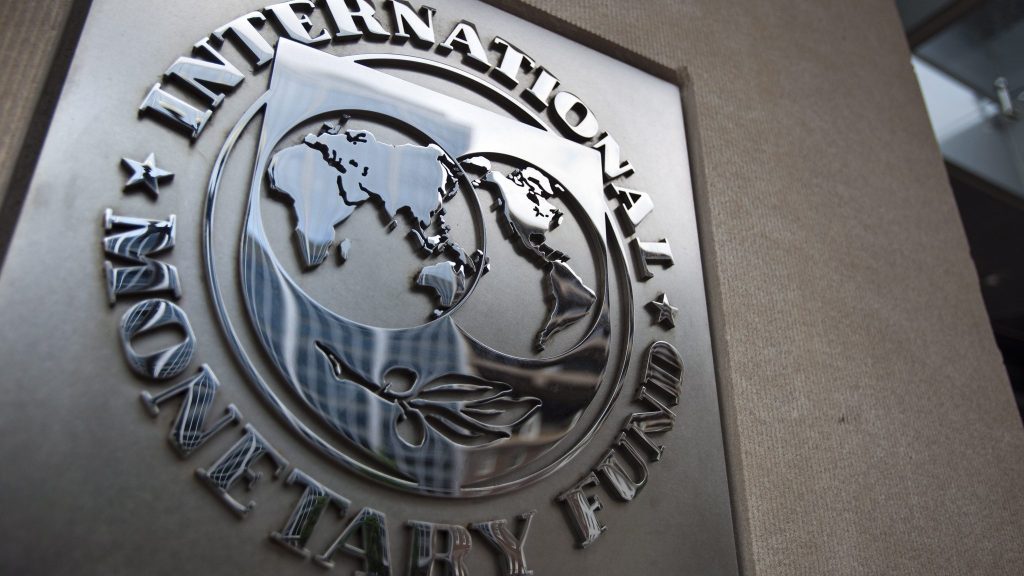Rising debt and fiscal deficits are weighing growth for the copper producer. Growth potential exists in the medium term when arrears are addressed and drought effects fade gradually.
Washington based lender, the International Monetary Fund (IMF) on 30 April lowered Zambia growth forecast to 2.3% for 2019 from 2018’s 3.7% on account of balance sheet vulnerabilities highlighted in its Article IV mission team visit led by Ms. Mary Goodman between April 16-30. This will be the second lowered forecast for Zambia after the World Bank last month revised the copper producers growth rate to 3.3% from 3.4% on account expenditure related concerns fueling rising debt.
Ms Goodman stated that Zambia’s growth would slow to 2.3% this year from the 3.7% level in 2019 on account of drought weighing agriculture productivity which is threatening inflation that continues to hover on the upper band of the Bank of Zambia target of 6-8%. The IMF team was concerned about the foreign exchange reserves that have declined significantly deviating from 3 – months to 1.7 – months of imports cover currently.
Zambia’s development strategy targeting a rapid scaling up in infrastructure spending has resulted in large fiscal deficits, financed by non-concessional debt. The 2018 budget deficit (commitment basis) reached 10% of GDP (7.5% on a cash basis), and total public and publicly-guaranteed debt including domestic arrears at end-2018 was 73.1% of GDP.
Ms Mary Goodman
The IMF bemoaned the widening of yields on government securities and a higher interest costs on foreign debt due to the kwacha slide, resulting in scarcity of resources in other productive sectors of the economy such as social programs and transfers to local governments. Ballooning domestic arrears are weighing on households and businesses and presents a risk for the financial sector, she said.
Suggested remediation measures
The IMF recommended a large up-front and sustained fiscal efforts such as avoiding contracting any new non-concessional debt, steps to raise revenues, halting the buildup of new arrears, and aligning the pace of spending on well-targeted public investment projects with Zambia’s available fiscal space.
“With a diminished impact of the drought over time, and progress in addressing arrears, there is potential for growth to accelerate over the medium term.
“The mission welcomed the enactment of the Public Finance Management Act in 2018, which should strengthen management of public resources once the accompanying legislation has been enacted. Specifically, the passage of the Planning and Budgeting Bill will be important to enhance the project selection/appraisal process while the revised Loans and Guarantees Act would provide the necessary framework for medium-term debt management.

